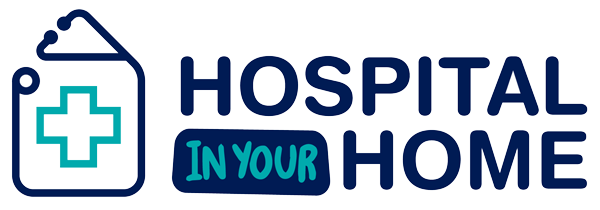The Cornerstone of Wellness: The Role of Primary Care Providers in Preventative Health
In today’s fast-paced world, it’s easy to focus on treating illnesses after they arise. However, a proactive approach to health, focusing on prevention, is far more beneficial in the long run. This is where primary care providers (PCPs) play a crucial and indispensable role. They are the frontline soldiers in the battle against preventable diseases, acting as guides and partners in our journey towards optimal health.
What is Preventative Health?
Preventative health encompasses measures taken to prevent diseases and promote well-being. It’s about identifying risk factors, adopting healthy habits, and detecting potential problems early, before they escalate. This includes:
- Vaccinations: Protecting against infectious diseases.
- Screenings: Detecting conditions like cancer, diabetes, and heart disease at early stages.
- Lifestyle Counseling: Promoting healthy eating, exercise, and stress management.
- Risk Assessments: Evaluating individual risk factors for various diseases.
- The Primary Care Provider: Your Partner in Preventative Care
PCPs are uniquely positioned to deliver effective preventative care. Here’s how:
Establishing a Medical Home:
PCPs serve as the central point of contact for all your healthcare needs. This allows them to develop a comprehensive understanding of your medical history, lifestyle, and risk factors.
This “medical home” model fosters a strong doctor-patient relationship, built on trust and open communication.
Personalized Risk Assessments:
PCPs conduct thorough assessments, considering your age, family history, and lifestyle, to identify potential health risks.
They can then recommend appropriate screenings and interventions tailored to your individual needs.
Screening and Early Detection:
PCPs perform or order essential screenings, such as blood pressure checks, cholesterol tests, cancer screenings (e.g., mammograms, colonoscopies), and diabetes screenings.
Early detection significantly improves treatment outcomes and reduces the burden of chronic diseases.
Vaccinations and Immunizations:
PCPs administer recommended vaccinations, protecting individuals and communities from preventable infectious diseases.
They stay up-to-date on the latest vaccination guidelines and ensure patients receive timely immunizations.
Lifestyle Counseling and Education:
PCPs provide guidance on healthy eating, exercise, weight management, smoking cessation, and stress reduction.
They empower patients to make informed decisions about their health and adopt sustainable lifestyle changes.
Coordination of Care:
PCPs coordinate care with specialists, ensuring seamless transitions and comprehensive management of complex health conditions.
They act as the hub of your healthcare team.
Mental Health Screening:
PCP’s are becoming increasingly aware of the importance of mental health and can screen for conditions such as depression and anxiety. This allows for early intervention and referral to mental health specialist when needed.
Why Preventative Care Matters:
- Reduced Risk of Chronic Diseases: Preventative measures can significantly lower the risk of developing heart disease, stroke, diabetes, cancer, and other chronic illnesses.
- Improved Quality of Life: By maintaining good health, individuals can enjoy a more active and fulfilling life.
- Lower Healthcare Costs: Preventative care is often more cost-effective than treating advanced diseases.
- Increased Lifespan: Proactive health management can contribute to a longer and healthier life
Finding Your Primary Care Provider:
If you don’t have a PCP, it’s essential to find one who aligns with your needs and preferences. Consider factors such as location, insurance coverage, and the provider’s experience and communication style.
PCPs are the cornerstone of preventative health, playing a vital role in keeping us healthy and well. By establishing a strong relationship with your PCP and engaging in regular preventative care, you can take control of your health and live a longer, healthier life.
Sources:
- Centers for Disease Control and Prevention (CDC):
- Preventive Health: https://www.cdc.gov/preventiveservices/index.html
- About Primary Care: https://www.cdc.gov/primarycare/index.htm
- U.S. Preventive Services Task Force: https://www.uspreventiveservicestaskforce.org/uspstf/
- National Institute of Health(NIH): https://www.nih.gov/
- American Academy of Family Physicians (AAFP): https://www.aafp.org/

